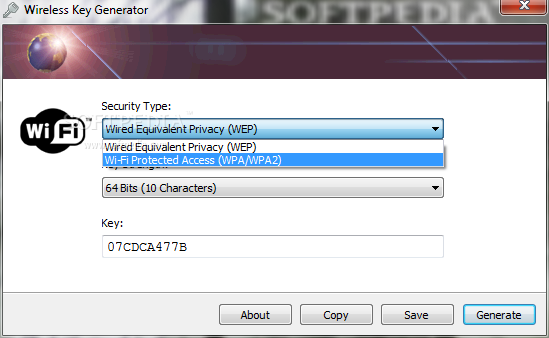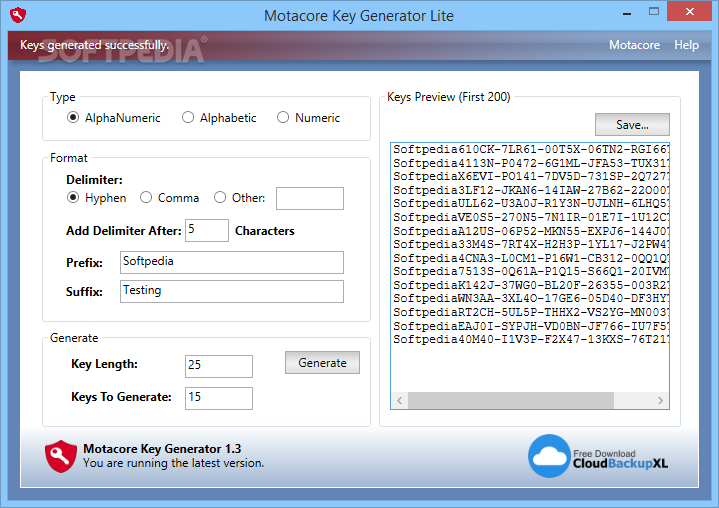key generator download Free Download + Crack
A key generator, often abbreviated as “keygen,” is a tool used to create a product key or serial number for software applications. These keys are essential for activating and using software, especially paid ones. Key generators use sophisticated algorithms to produce a string of characters that can bypass the software’s security system, mimicking legitimate product keys and tricking the software into believing it has been legitimately activated.
How Key Generators Work
Key generators use various algorithms to generate keys, including:
- MD5 Hashing
- SHA-256
- RSA Encryption

Types of Key Generators
- Software Key Generators: These are programs you run on your computer to generate keys for other software. They are widely available online but often found in shady corners of the internet.
- Hardware Key Generators: Less common but more secure, these are physical devices used to generate keys. They are typically used by professionals who need to ensure a higher level of security.
Benefits of Using Key Generators
- Cost Savings: Keygens can save you money by bypassing the need to purchase software licenses.
- Convenience: With a keygen, you can quickly generate a key and get the software up and running without waiting for an official key to be sent to you.
Risks Associated with Key Generators
- Legal Implications: Using key generators to bypass software licensing is illegal in many countries and can lead to fines or even jail time.
- Security Risks: Downloading and using keygens can expose your computer to malware, viruses, and other security threats.
Legitimate Uses of Key Generators
- For Software Developers: Developers might use key generators during the testing phase of software development to create multiple keys for various testing scenarios.
- For Cybersecurity Professionals: Professionals in cybersecurity might use keygens as part of penetration testing to assess the security of software systems.

Illegal Uses of Key Generators
- Software Piracy: This is the most common illegal use. People use keygens to unlock paid software without purchasing it, which is a clear violation of copyright laws.
- Unauthorized Access: Keygens can also be used to gain unauthorized access to secure systems or software, leading to potential data breaches and other malicious activities.
How to Safely Download Key Generators
- Trusted Sources: Ensure you download the keygen from a reputable source. Be wary of websites that look unprofessional or have lots of pop-up ads.
- Verification Methods: Before running a keygen, scan it with a robust antivirus program. Also, check online forums and reviews to see if other users have reported any issues.
Key Generator Alternatives
- Free Software Trials: Many software companies offer free trials. These are legitimate and risk-free ways to use software without paying upfront.
- Open-Source Software: Consider using open-source alternatives. These are free, legal, and often just as powerful as their paid counterparts.
The Future of Key Generators
- Technological Advancements: As software security improves, key generators will need to become more sophisticated to bypass protections. This ongoing cat-and-mouse game will continue to evolve.
- Legal Changes: Laws around software piracy and digital rights management are tightening. Expect harsher penalties and more aggressive enforcement in the future.

Conclusion
Key generator downloads can be tempting for those looking to save money or gain quick access to software. However, the risks often outweigh the benefits, especially considering the legal and security issues involved. Always weigh your options carefully and consider legitimate alternatives.

Leave a Reply